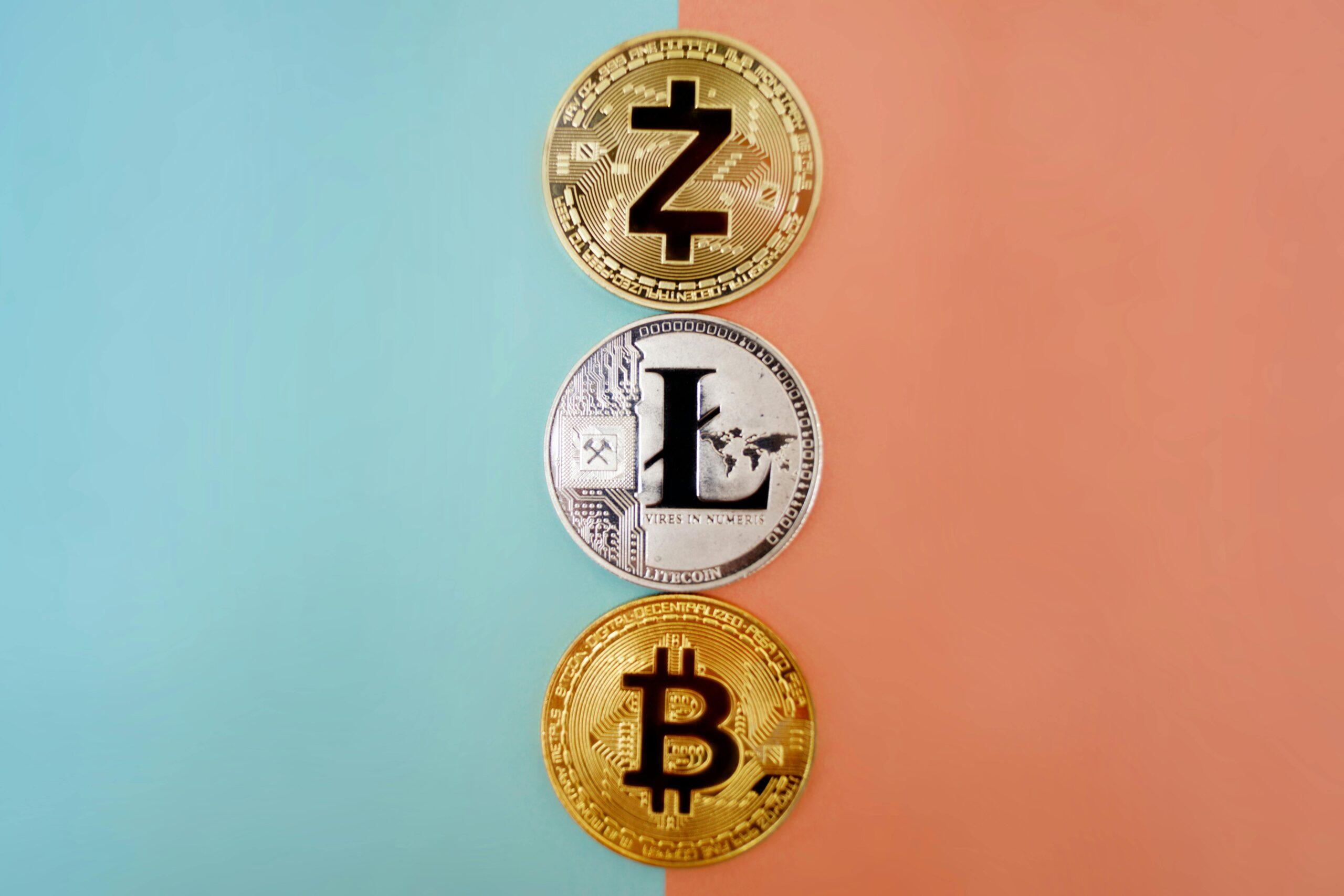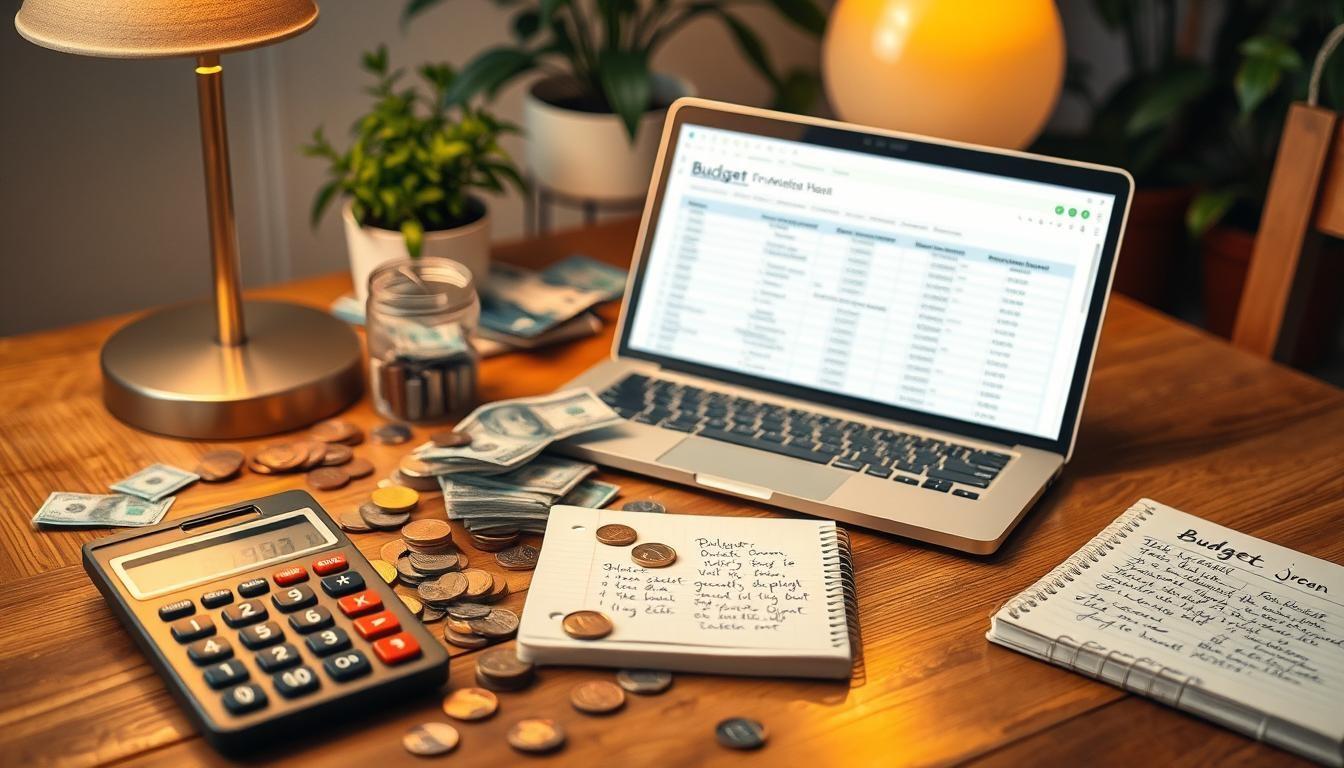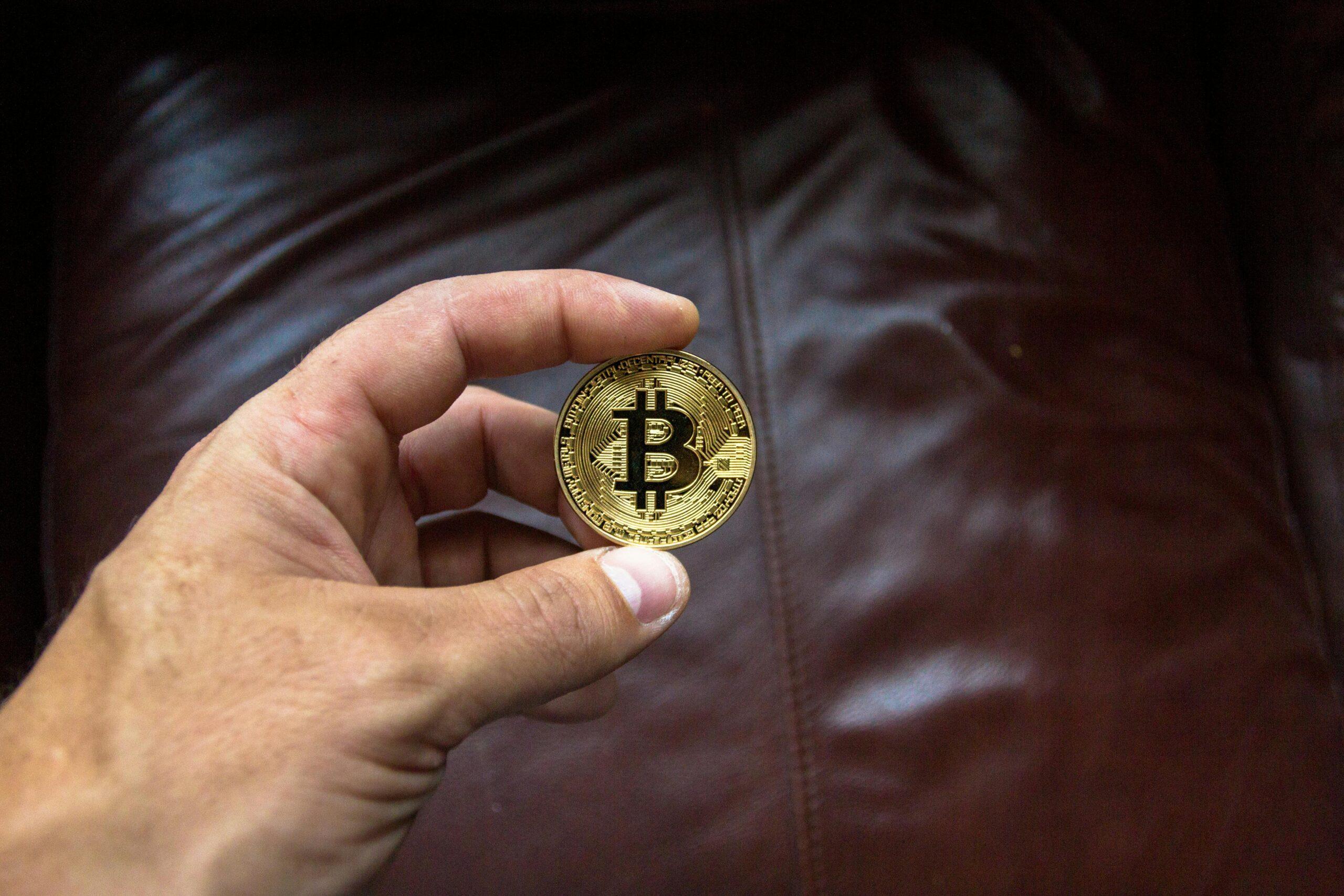Introduction
Curious about Bitcoin mining and want to learn how to get started? You’re in the right place! Bitcoin mining is the process of validating transactions on the Bitcoin network and earning rewards in the form of new Bitcoins. In this beginner’s guide, we’ll break down everything you need to know about Bitcoin mining, including how it works, what equipment you need, and how to start mining your own Bitcoin.
Understanding Bitcoin Mining
How Does Bitcoin Mining Work?
Bitcoin mining involves solving complex mathematical problems using powerful computers. These problems are part of the Bitcoin network’s blockchain, which is a digital ledger of all transactions. Miners compete to solve these problems, and the first one to find a solution gets to add a new block to the blockchain, earning a reward in Bitcoin.
What is a Blockchain?
A blockchain is a chain of blocks, where each block contains a list of transactions. It’s a decentralized and secure way of recording information, ensuring that all Bitcoin transactions are transparent and immutable.
The Role of Miners in the Network
Miners play a crucial role in the Bitcoin ecosystem by validating transactions and maintaining the network’s security. Without miners, the Bitcoin network would be vulnerable to attacks and manipulation.
Why Do People Mine Bitcoin?
Earning Bitcoin Rewards
The primary reason people mine Bitcoin is to earn rewards. Miners receive a block reward, which is a certain amount of Bitcoin, plus transaction fees for the transactions included in the block.
Supporting the Network
Mining is essential for the security and stability of the Bitcoin network. By participating in mining, you are helping to process transactions and keep the network decentralized.
Profitability of Bitcoin Mining
While mining can be profitable, it requires a significant investment in hardware and electricity. Understanding the potential returns and costs involved is crucial before you start.
What You Need to Start Mining Bitcoin
Hardware Requirements
Bitcoin mining requires specialized hardware known as ASIC (Application-Specific Integrated Circuit) miners. These devices are designed specifically for mining and are much more efficient than regular computers or graphics cards.
Software Requirements
In addition to hardware, you’ll need mining software. Popular options include CGMiner, BFGMiner, and NiceHash. This software connects your hardware to the Bitcoin network and manages the mining process.
Electricity Costs and Considerations
Mining consumes a lot of electricity, which can be a significant expense. Make sure to consider the cost of electricity in your area before starting.
Types of Bitcoin Mining
Solo Mining
In solo mining, you mine Bitcoin independently, without joining a pool. This can be profitable if you have significant hashing power, but it’s also riskier due to the lower chance of finding a block.
Pool Mining
Most miners join a mining pool, where they combine their computing power with others. This increases the chances of earning a reward, but the reward is shared among all participants.
Cloud Mining
Cloud mining allows you to rent mining power from a provider. This is a convenient option if you don’t want to invest in hardware, but it often comes with higher fees and lower profitability.
Step-by-Step Guide to Start Bitcoin Mining
1. Choosing the Right Hardware
Select an ASIC miner that fits your budget and has a good hash rate. Popular models include Bitmain’s Antminer series and MicroBT’s Whatsminer.
2. Setting Up a Bitcoin Wallet
Before you start mining, set up a Bitcoin wallet to receive your rewards. You can choose between hot wallets (online) and cold wallets (offline).
3. Downloading Mining Software
Choose and download mining software that is compatible with your hardware. Set it up by entering your wallet address and connecting to a mining pool.
4. Joining a Mining Pool
Joining a pool like Slush Pool, F2Pool, or Antpool can increase your chances of earning consistent rewards.
5. Starting Your First Mining Session
Once everything is set up, start your mining software and monitor your progress. Check your earnings and keep an eye on the temperature and performance of your hardware.
Challenges of Bitcoin Mining
Difficulty Adjustments
The Bitcoin network automatically adjusts the difficulty of mining to ensure that blocks are mined roughly every 10 minutes. This means mining can become more challenging as more miners join the network.
High Energy Consumption
Mining consumes a lot of electricity, which can be costly and have an environmental impact. Many miners look for locations with cheap electricity or use renewable energy sources.
Legal and Regulatory Issues
The legality of Bitcoin mining varies by country. Be sure to research local regulations to ensure you’re mining legally.
The Future of Bitcoin Mining
Bitcoin mining is expected to evolve as technology advances and the Bitcoin network matures. Upcoming halving events, where the block reward is cut in half, will also impact the profitability of mining.
Conclusion
Bitcoin mining can be a rewarding but challenging venture for beginners. It requires a significant investment in hardware, software, and electricity, but it also offers the potential for earning Bitcoin and supporting the network. If you’re interested in getting started, make sure to do thorough research and carefully plan your mining strategy.
FAQs
- Can I mine Bitcoin on my laptop?
No, mining Bitcoin on a laptop is no longer feasible due to the high level of competition and specialized hardware required. - How much can I earn from Bitcoin mining?
Earnings depend on your hardware, electricity costs, and the current difficulty of mining. Use an online calculator to estimate your potential profits. - What is the best Bitcoin mining software?
Popular options include CGMiner, BFGMiner, and NiceHash. The best choice depends on your hardware and mining goals. - Do I need a lot of technical knowledge to start mining?
While technical knowledge can help, there are many beginner-friendly resources and mining software options that make it easier to get started. - Is Bitcoin mining legal?
The legality of Bitcoin mining depends on your country’s regulations. Always check local laws before starting.
Read more:
Top Bitcoin Trading Platforms for 2025
A Complete Guide to Investing in Bitcoin | Bitcoin Investment




